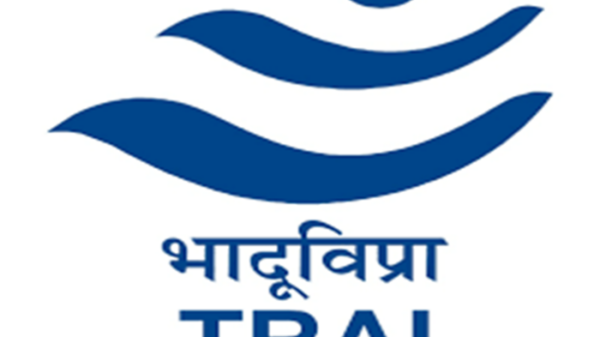The Telecom Regulatory Authority of India (TRAI) has amended the regulatory principles for assessing how telecom service providers (TSPs) set tariffs for the services they provide, in order to ensure that transparency is maintained, as well as to prevent discrimination and predatory pricing in telecommunication services. These amendments specifically address reporting requirements, guiding principles for checking transparency in tariff offers, definition of non-discrimination, adherence to the principle of non-predatory pricing, definition of predatory pricing, relevant market, and assessment of significant market power (SMP) among others. Timeline of events leading to these amendments: TRAI had released a consultation paper titled 'Regulatory Principles of Tariff Assessment', in February last year. Following which, an open-house discussion was held in New Delhi in May 2017. In June 2017, TRAI met with the CEOs of telecom service providers to decide on "setting some form of floor price for retail tariff." And again in July 2017 to further discuss the same issue, during which "the majority view was that as of now, TRAI should not undertake fixation of floor price, and the IUC should not be taken as a floor for retail tariff." Lowdown of the amendments To begin with, TRAI says that 'Distinct Telecommunication Services' include: Wireline Access Service Wireless Access Service National Long Distance Service International Long Distance Service Any other telecommunication service for which licence is granted Non-predation & Predatory pricing One of the key elements of this latest amendment is non-predation. TRAI defines non-predation as "not indulging in predatory pricing by a service provider…





























